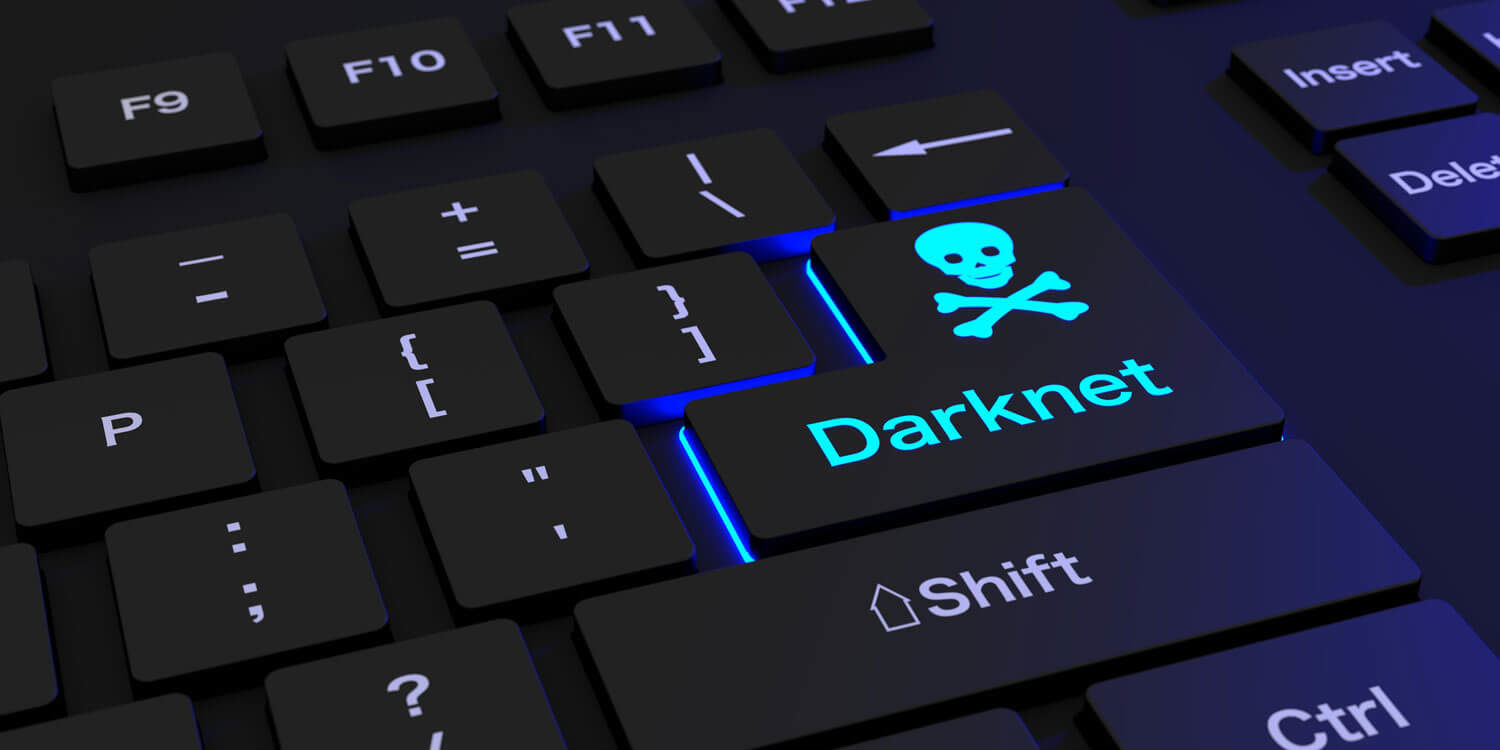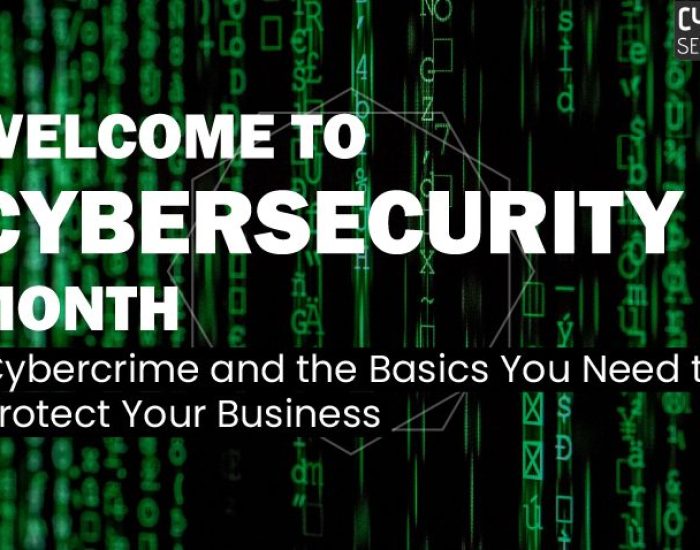What is the Dark Web?
The “Darknet” Explained!
The internet is a vast network of interconnected websites created with specific purposes. There are many portions of the worldwide web that are commonly used, the most popular one being the surface web which only makes up about 5% of the entire online world.
The remaining 95% of the internet is typically known as the Darknet or the Dark Web, and it’s home to several websites that aren’t indexed by search engines like Google. As a result, if you try searching for one of these websites from your regular browser (Chrome, Firefox, etc.), you won’t find it. However, that doesn’t mean these sites don’t exist.
In this article, we will discuss what exactly the Dark Web is and how exactly it works.
What is the Dark Web?
The term “Dark Web,” refers to certain online content. The Dark Web is an umbrella term that’s been used by cyber researchers over the last few years to describe websites that are not indexed by search engines, not trackable by traditional security methods, and not accessible through standard URLs. The dark web is often confused with the deep web, but there is a vast difference between the two.
A perfect example of this is a Bitcoin transaction. You can see money leaving your account; it’s just not attached to your name. The dark web is also referred to as the Darknet, invisible web, or hidden web.
Surface Web
The Surface Web is the portion of the internet accessible through standard search engines like Google and Bing. More popular websites the general population peruse are Facebook, YouTube, Wikipedia, and many others. Most of the internet is found on the surface web, accounting for approximately 95% of all online activity. Although the surface web makes up most of the internet, it is important to note that search engines index not all websites.
Those websites are a part of the deep web – as opposed to the dark web, which is a different category. If a search engine does not index a website, it will not appear on the first page of search results. Instead, it will only be accessible if you have the specific URL of that website written down or bookmarked.
Deep Web
The Deep Web refers to all online activity that is not tracked by search engines. Typically, this will include online databases and password-protected areas of websites. The deep web differs from the dark web in that the latter is designed to be untraceable and unsearchable. Another significant difference between the Deep Web and the Dark Web is that the deep web can be accessed using a standard web browser, while the Dark Web requires special software to be accessed.







